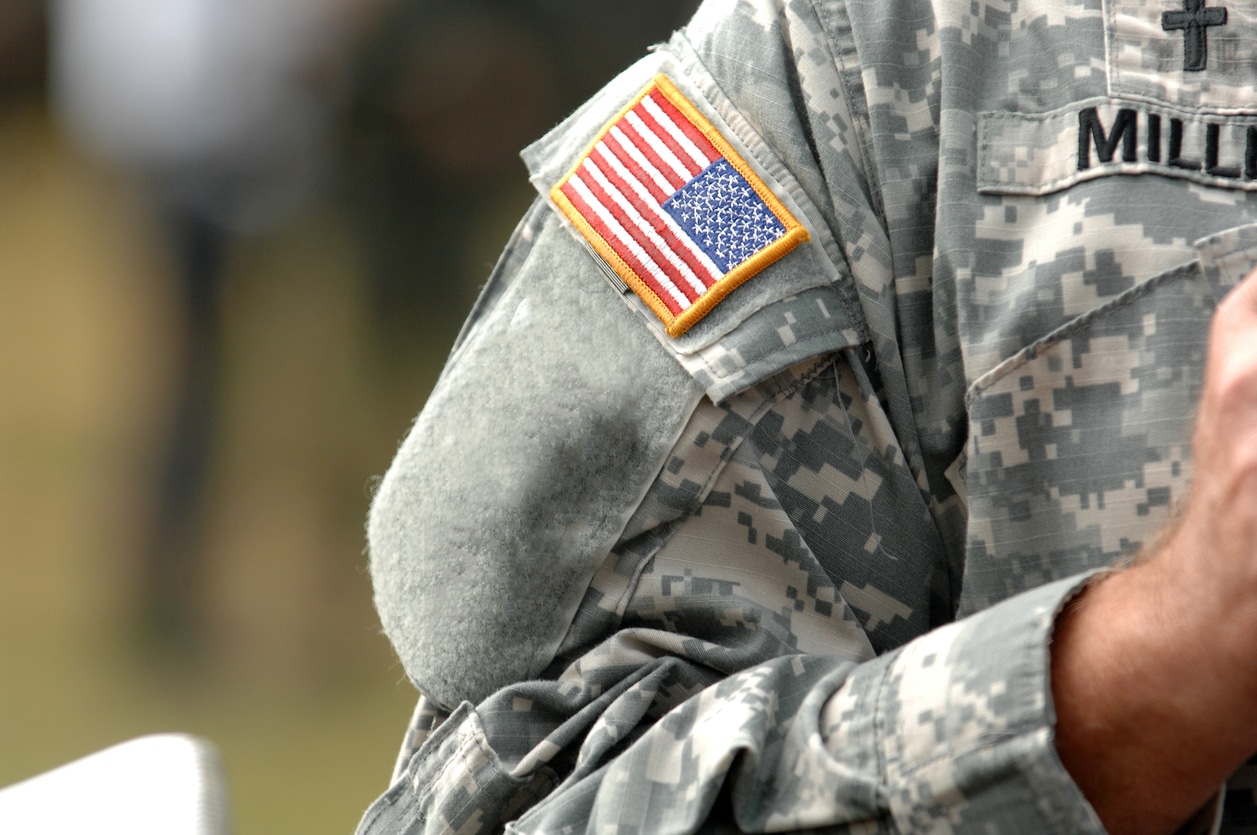Brian White | April 21, 2020 | News

It is highly unlikely that martial law is coming to Texas because of the coronavirus. Rumors about martial law have spread online after many states have issued Stay at Home orders. However, these orders are not martial law, and officials have made it clear they have no intention of initiating martial law during the pandemic.
Shutdowns and Stay At Home Orders are not Martial Law
Martial law occurs when the military takes control instead of control being vested with civil institutions. The government in Texas remains in control of the state. However, the government has the authority and duty to issue orders that may restrict public travel if those orders are consistent with protecting the general public.
In light of the spread of the coronavirus, Governor Greg Abbott issued several Executive Orders in March aimed at slowing the spread of the virus. According to the four orders:
- Social gatherings are restricted to no more than ten people.
- Restaurants have to limit service to delivery, pickup, and drive-thru orders.
- Visits to nursing homes, retirement, and long-term care facilities are limited to providing critical care.
- Schools are closed.
The Executive Orders covered a period from March 20, 2020, through April 3, 2020. On March 31, 2020, Governor Abbott issued another Executive Order extending and further limiting social interaction in response to the continued threat posed by COVID-19. The current restrictions run through April 30, 2020.
The public can view Texas Executive Orders and Public Health Directives on the website for the Texas Department of State Health Services.
How to Protect Yourself From the Coronavirus
The Centers for Disease Control (CDC) have issued guidelines for protecting yourself against contracting the coronavirus. The first step is to understand the spread of the virus.
The virus spreads from person-to-person. Respiratory droplets from a person who is infected remain in the air when the person sneezes, talks, or coughs. They also drop onto nearby surfaces.
Infection occurs when a person inhales infected respiratory droplets or touches an infected service and then touches their face. Therefore, remaining at least six feet apart from other people can reduce the risk of airborne infection. Staying at home reduces the risk of exposure to the virus.
Washing your hands frequently helps reduce the risk of contracting COVID-19. Use soap and water for 20 seconds to wash hands thoroughly. Hand sanitizer with at least 60 percent alcohol is a good substitute if you cannot wash your hands.
Avoid touching your face with unwashed hands. The CDC recommends that everyone wear a cloth face-covering whenever they are required to go out in public. The cloth mask does not prevent contracting the virus, but it helps protect against spreading the virus if you have it.
Cover sneezes and coughs with a tissue. Throw used tissues in the trash immediately. Clean and disinfect commonly touched surfaces often.
Avoid contact with individuals who might be at high risk for contracting the coronavirus. High-risk individuals include people who:
- Are 65 years of age and older;
- Have heart disease or diabetes;
- Have a compromised immune system; or,
- Have cancer.
Health officials are learning more about COVID-19 each day. If you experience any symptoms or become ill, contact your health provider for additional instructions.
Symptoms of COVID-19 include:
- Fever
- Shortness of breath or trouble breathing
- Inability to awaken or confusion
- A bluish tint to face or lips
- Coughing and sore throat
Health offices are updating symptoms as they learn more about the virus. Consult a medical provider if you experience any concerning symptoms or conditions.
Stress Caused by the COVID-19 Outbreak
Many people are under an immense amount of stress because of the pandemic. Ways that you can reduce the stress caused by the COVID-19 outbreak include:
- Take breaks from listening, watching, or reading news coverage of the pandemic.
- Maintain a healthy diet during the shutdown.
- Get as much exercise as possible. Go outside for fresh air and exercise, but maintain social distancing and follow all Executive Orders for Texas.
- Connect with family and friends through virtual means as often as possible.
- Get plenty of sleep.
- Make a plan for if you become ill. Have plans in place for how you can self-isolate at home, care for family members, and obtain groceries and other needs.
- If you feel anxious or depressed, contact a health care professional. Call for emergency services if you feel suicidal or want to hurt yourself.
Dealing with COVID-19 is challenging. However, working together and following the guidelines and directives of health and government officials is the best way to protect ourselves, our loved ones, and the public.
Contact the Houston Personal Injury Lawyers at Attorney Brian White Personal Injury Lawyers For Help
For more information, contact the Houston personal injury law firm of Attorney Brian White Personal Injury Lawyers by calling (713) 500-5000.
Attorney Brian White Personal Injury Lawyers
3120 Southwest Freeway, Suite 350
Houston, TX 77098
United States
Attorney Brian White Personal Injury Lawyers – East Fwy
11811 East Fwy, Suite 630-06
Houston, TX 77029
United States
Attorney Brian White Personal Injury Lawyers – South Loop
2600 S Loop W, Suite 293
Houston, TX 77054
United States
